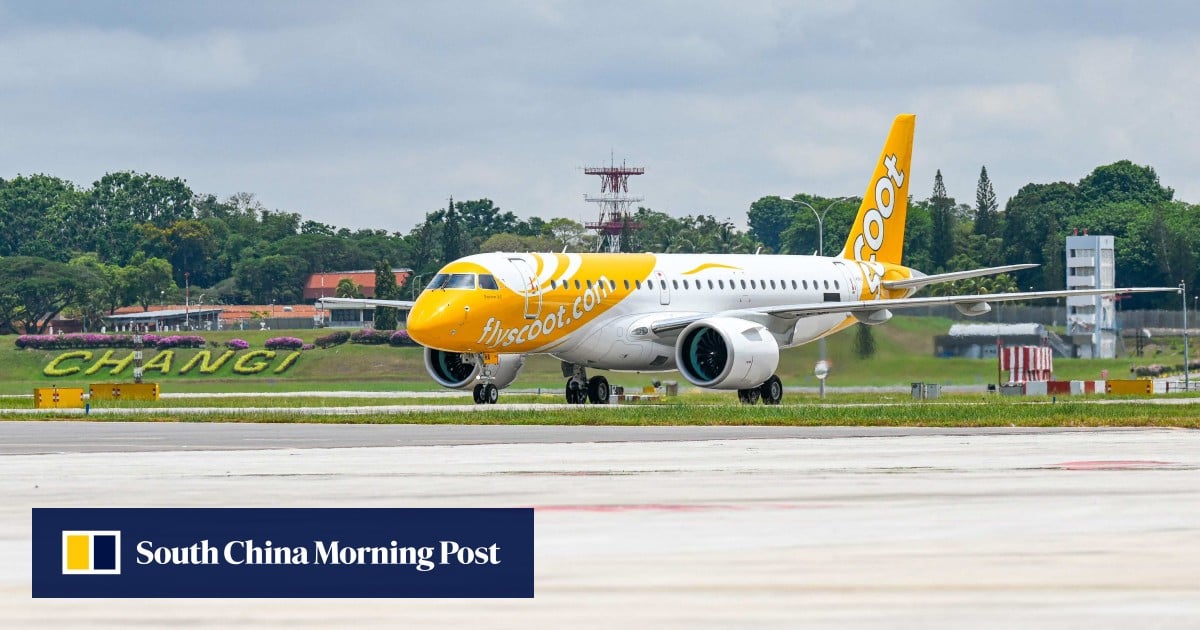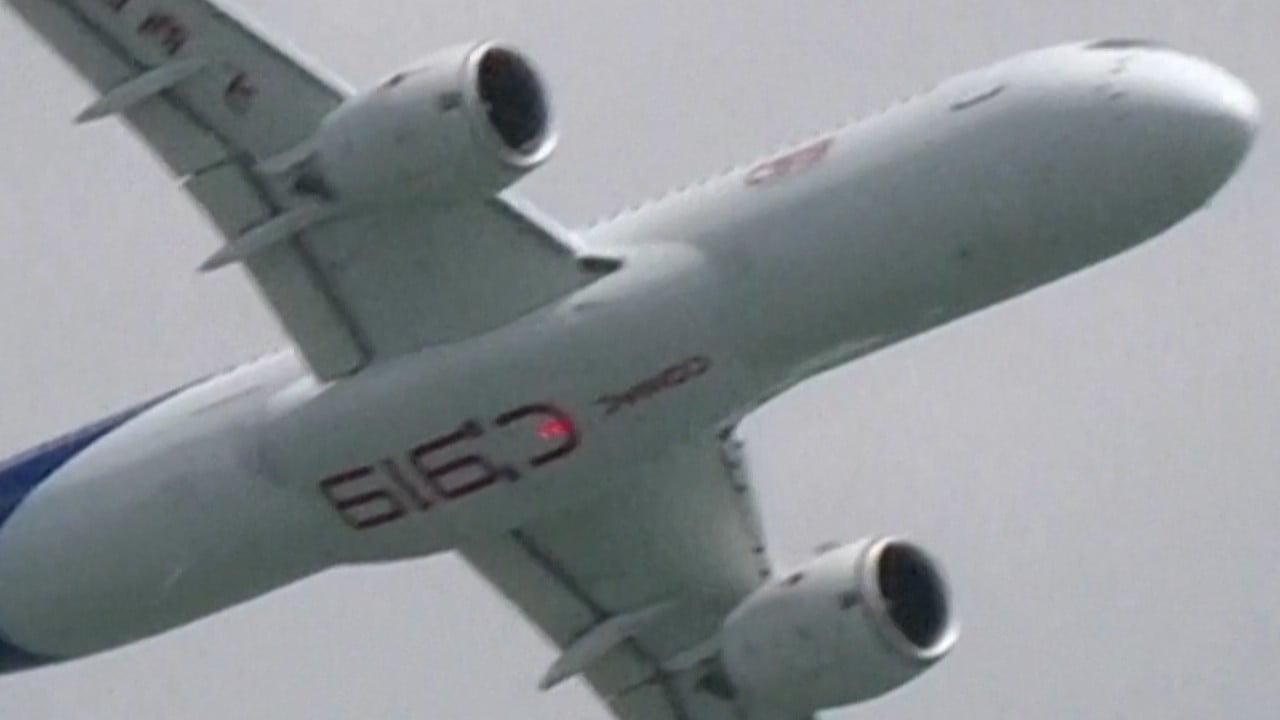The carrier did not provide CNA with the number of affected flights but apologised for the travel disruption.
“Scoot sincerely apologises to all affected customers for the inconvenience caused by this disruption,” it said.
“We proactively contacted all affected customers and most have been reaccommodated on alternative flights, including on Singapore Airlines and Scoot.”
For the passengers who were not reaccommodated, Scoot said it had offered them a full refund of the unused portion of their tickets.
Global demand for air travel has nearly recovered to pre-Covid pandemic levels – Changi Airport saw more passenger movements in February than the same period in 2019.
Air travel worldwide is expected to finally exceed pre-Covid levels this year, with a full recovery anticipated for the Asia-Pacific, according to observers.
However, the aviation industry is struggling with severe shortages of parts, labour and new aircraft.
The rebound of air travel has prompted airlines to order more planes, and aircraft manufacturing giants such as Airbus and Boeing are struggling to meet the demand.
Speaking at the Singapore Airshow in February, Airbus Asia-Pacific’s president Anand Stanley told CNA about the backlog orders and that Asia-Pacific region is the fastest growing market, and also the largest market, in aviation.
“We are talking about 19,000 to 20,000 aircraft over the next 20 years, so it is [an] unstoppable demand to be honest,” he said.
The demand for aircraft has been going up post-pandemic, Stanley said.
“We are looking at 19,000 new aircraft that are required, which shows that air travel is back,” he said.
“Last year, we had a record year in terms of our backlog and orders. We have 8,300 aircraft in the backlog right now.”
Stanley also acknowledged that while Airbus was “in a ramp-up to meet demand”, supply chain had yet to catch up, so this was an area the company would have to work closely with suppliers to “resolve and more importantly, meet the needs of airline customers and consumers”.
The loss of skilled manpower during the Covid-19 pandemic and reduced supply sources by the war in Ukraine have exacerbated the crunch.
“The aerospace-grade titanium shortage started with the Ukraine war,” said Roberto Tonna, chief executive of aerospace supply chain firm ALA, at the Singapore Airshow.
The lack of materials such as inconel – an alloy used by aircraft sector companies to make engines and exhaust systems – and steel, as well as skilled labour are all ongoing issues, he added.
In addition to the Ukraine conflict, the Israel-Gaza war and increasing geopolitical tensions worldwide has also contributed to the industry-wide shortage of parts.
Bibus Metals, which supplies high-performance metals, said such materials, which are critical in the manufacturing of planes, are increasingly harder and more expensive to source due to increased demand from countries looking to strengthen their defence capabilities.
Pascal Fabre, a specialist at consultancy firm AlixPartners, added the aircraft maintenance, repair and overhaul sector is “undercapacity”. Boeing and Airbus are also fully booked until almost the end of the decade, and are accumulating delays.
The airline industry’s issues have also been compounded by an engine manufacturing flaw by US aerospace giant RTX, which led to the grounding of hundreds of Airbus A320neo jets last year.
The snag could ground an average of 350 jets a year through 2026, with as many as 650 jets sitting idle in the first half of 2024.
The problem is likely to worsen a tug of war over engines between aeroplane factories and repair shops as repairs take longer to fix.
In September last year, Scoot said the inspections would affect four of the engines that power its A320neo fleet, adding the affected engines had been removed from commercial service.
Scoot also said last November that it was looking to extend the lease of some of its A320ceo aircraft due to problems with their Pratt & Whitney engines.
“We have some flex in terms of the A320ceos that we are returning next year in 2024, so we are exploring whether we should maybe extend some of the leases to mitigate the impact,” CEO Leslie Thng added.


